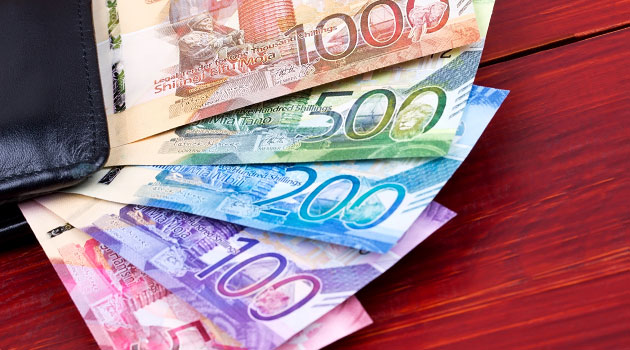The Kenyan shilling plunged to a historic low of 150 against the U.S. dollar on Monday, October 23, piling pressure on the country’s dwindling foreign exchange reserves and making imports expensive amid rising inflation.
The depreciation of the Kenyan shilling has accelerated over the past year, losing almost 24% of its value against the dollar.
The Central Bank of Kenya (CBK) placed the local unit to the dollar at 149.94 in Monday trading, a 24 per cent decline year-to-date. The forex reserves on October 19 stood at a new low of 6.83 billion U.S. dollars, which covered only 3.67 months’ worth of imports, a fall from 7.29 billion dollars a year ago.
According to the Central Bank of Kenya, a dollar was selling at 150 shillings on Monday, while some commercial banks and bureaux de change had already reached this price, or even higher, in recent weeks.
The CBK had projected that recovery in exports, resolution of the Russian-Ukraine conflict, pausing of global monetary policy tightening, rise in diaspora remittances, prudent monetary policy and stable import bill are expected to support the local currency to regain stability.
However, Ken Gichinga, chief economist at research firm Mentoria Economics said this new low is mainly due to the strengthening of the US currency because of the recent crisis in the Middle East “which is pushing investors towards safe havens” and the high yields on US Treasury bonds.
This depreciation is making imports more expensive and increasing Kenya’s debt, which stood at more than 10,100 billion shillings (64.4 billion euros) at the end of June, according to Treasury figures, or around two-thirds of gross domestic product.



